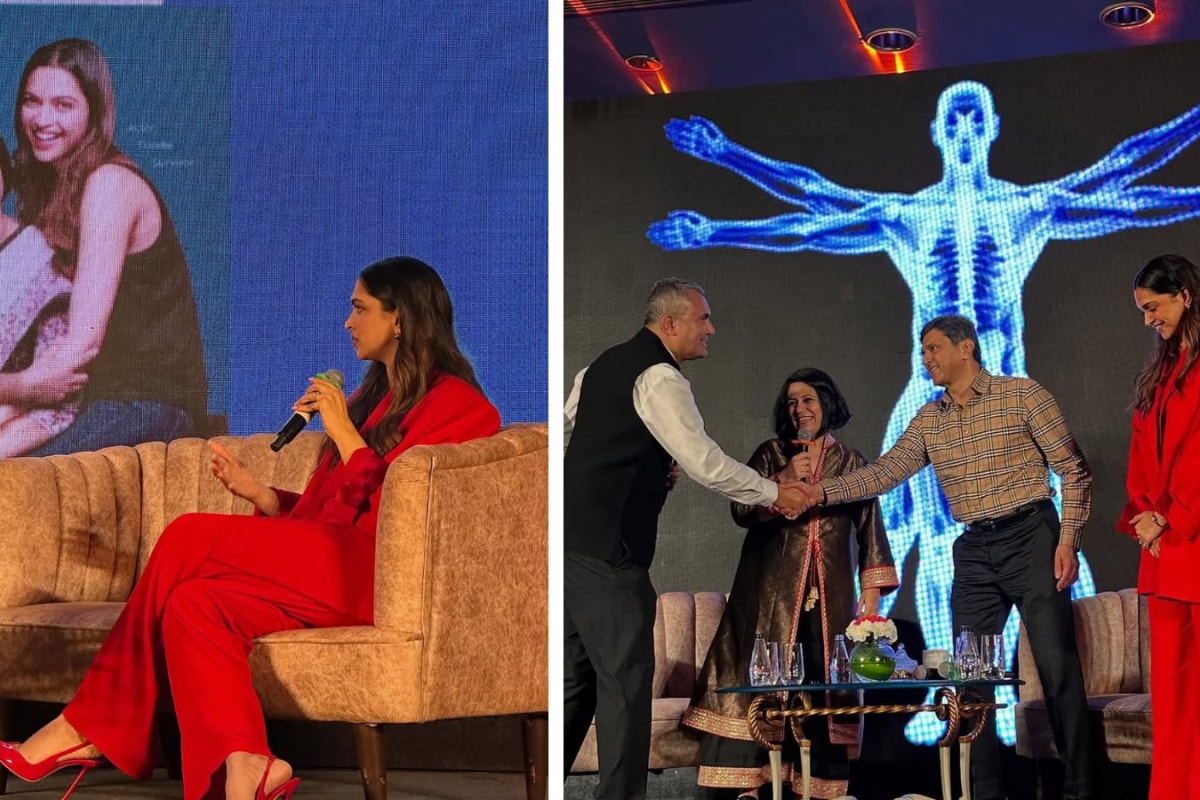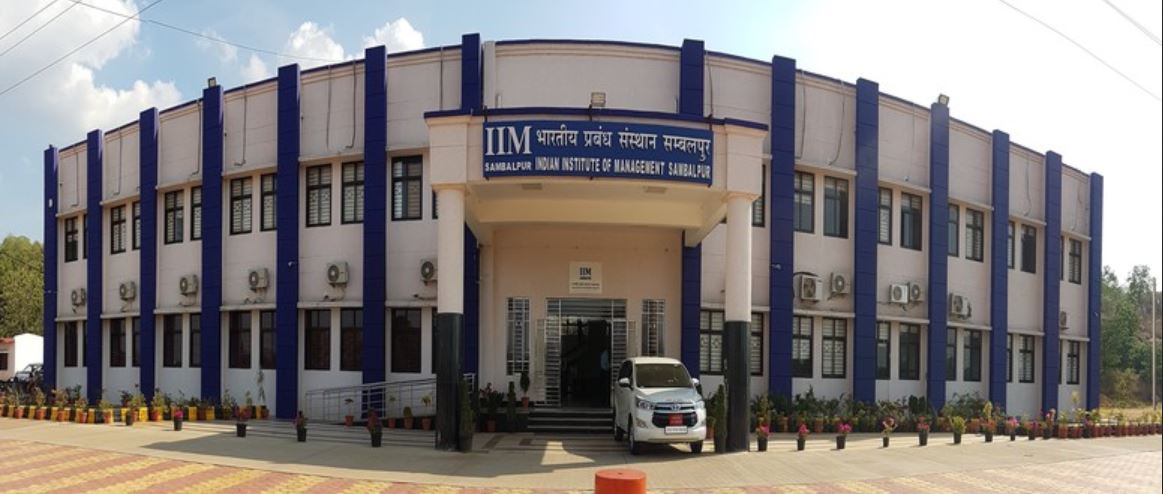Copying, fudging, plagiarism
EVEN from an early age in school copying and fudging were frowned upon, to say the least. What was referred to as tracing was also forbidden most of the time, tracing being the duplication of a map or other figure by following outlines seen through a sheet of translucent paper. Some clever students (I’m using this adjective rather pejoratively) would trace a figure, erase part of it and deliberately redraw the parts incorrectly in an effort to deceive. However an astute teacher would discover enough tracing whereby such students did not go unscathed (to use a word made popular by one of our politicians).We did not use the word plagiarism but the above are all forms of it.
Plagiarism has always been frowned upon and is a serious offence in academia incurring harsh penalties for students and academic staff alike. Universities have been beset by the issues of plagiarism and collusion and in more recent times have formulated strict guidelines on plagiarism, collusion and other forms of what is considered cheating. There have been several famous (or more appropriately infamous) cases of plagiarism, even among celebrated authors and other outstanding, even revered, figures in history. But it is only fairly recently that it has gained much greater prominence, particularly with the advent of the Internet.
A very prominent recent case of plagiarism was reported in March this year where Semmelweis University in Hungary revoked the doctorate of the country’s president, Pal Schmitt, after an investigation found that large parts of his 1992 thesis, based on the modern Olympics, were plagiarised.
Schmitt was Olympic fencing champion in 1968 and 1972 and was the head of the Hungarian Olympic Committee and a high ranking member of the International Olympic Committee as well as the European Parliament. There had been pressure for Schmitt to resign, naturally from the opposition party, but, as to be expected, from other quarters as well.
The investigating committee tried to soften the impact of the revocation, effectively absolving Schmitt of much blame by saying that the university was at fault for not being more vigilant. Schmitt had initially refused to step down, claiming, in true political denial, that he was vindicated by the university’s report. “I wrote my thesis to the best of my abilities. It was an honest piece of work,” Schmitt said. He continued, “I accept that I have been stripped of my diploma, but I complied with the rules of 20 years ago. To be honest I can see no link between the plagiarism affair and resigning”. However the pressure was too much and a few days later he resigned.
In Germany last year, the Minister of Defence, Karl-Theodor zu Guttenberg, had also resigned after his doctorate was revoked by the University of Bayreuth for plagiarism. There are cases of denial in universities.The former vice-chancellor of Sambalpur University in India alleged large-scale plagiarism in PhD theses in the university but was largely condemned by student and staff representatives for bringing the matter to the fore.
The Internet is a two-edged sword — it is a massive font of information and greatly facilitates research but it also provides an equally great temptation to the lazy and dishonest to steal ideas or at worst to simply cut and paste. Students and academic staff, particularly in tertiary institutions, are enjoined to declare their sources of ideas and other information in their writings by way of explicit references. Out of an abundance of caution, some even include conversations of significant relevance to the work. In journalism and other forms of communication the citation of sources in the manner of academic writing makes for tedious reading but out-and-out plagiarism is seen for what it is and is just as censurable.
Our academic evaluation systems tend to be so given to regurgitation that to many cutting and pasting is simply an extension of this trend. The standard examinations of two to three hours duration, including those at university, are based largely on regurgitation of well-known facts, concepts and application techniques.
In mass education with standard curricula, with the exigencies of time and other resources, among many other constraints, this is difficult to change radically, notwithstanding the best will and intentions of reformers. Despite the criticism of many, memorisation and regurgitation have their place in education but must not supplant independent and critical thinking.
The latter approach should start from early childhood whereby the natural curiosity of children should be encouraged and nurtured by inculcation of an innovative spirit. This should be continued throughout the education system. Open-book tests and more open-ended problems had been measures instituted for acquisition of more creative problem-solving skills. Term papers and other projects are also designed to provide the opportunity for independent research and are therefore expected to engender the analytical and critical thinking that complement more rote-type learning and serve to complete the individual’s education. Dissertations and theses have similar objectives. Capstone projects are also geared to stimulate the creative juices as well as capture and synthesise knowledge and skills gained in compartmentalised delivery of specialised subject matter.
Over the years universities in particular have added increasingly more reports as assessment measures as opposed to conventional unseen written tests. However the trend towards such assessed coursework has created its own problems regarding the “ownership” of the work submitted. Term papers on every imaginable subject are available on the Internet for sale. On the flip side the very Internet also provides a ready means of detection through several software packages such as “Turnitin”, one of the most popular used by universities, which makes it more difficult for plagiarisers to go unscathed.






 IIM Sambalpur
IIM Sambalpur
Leave a Reply